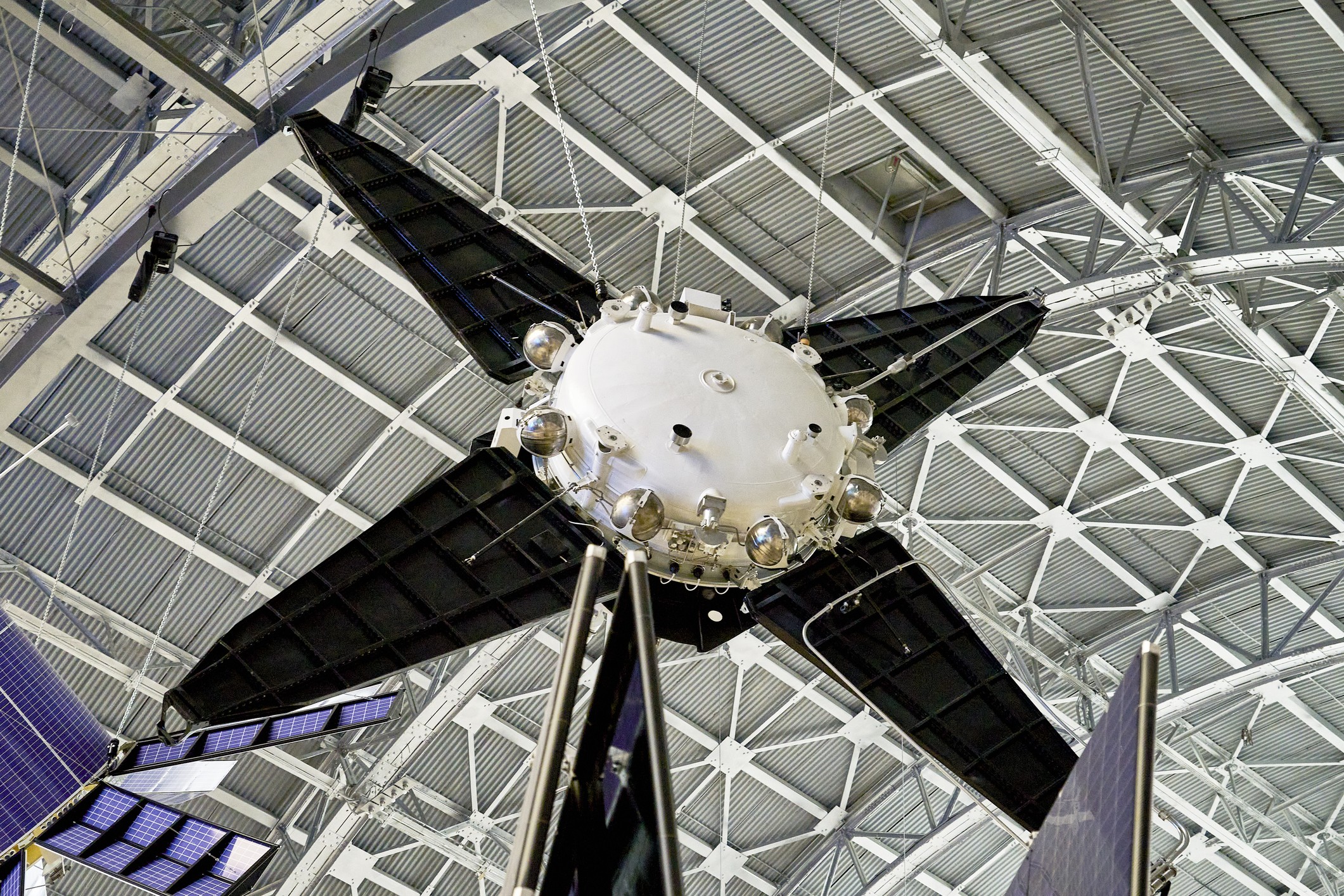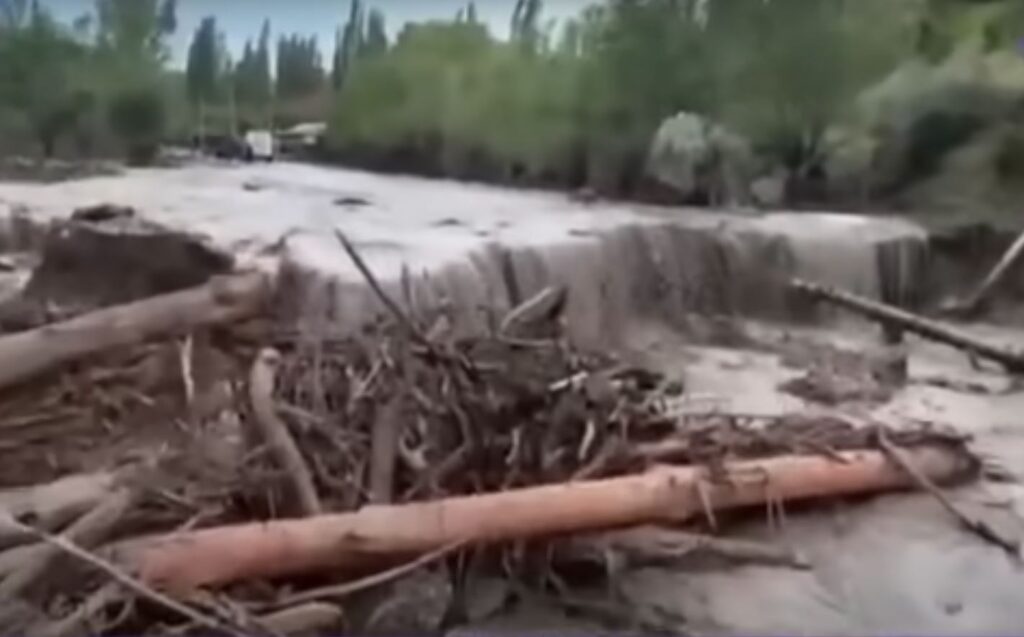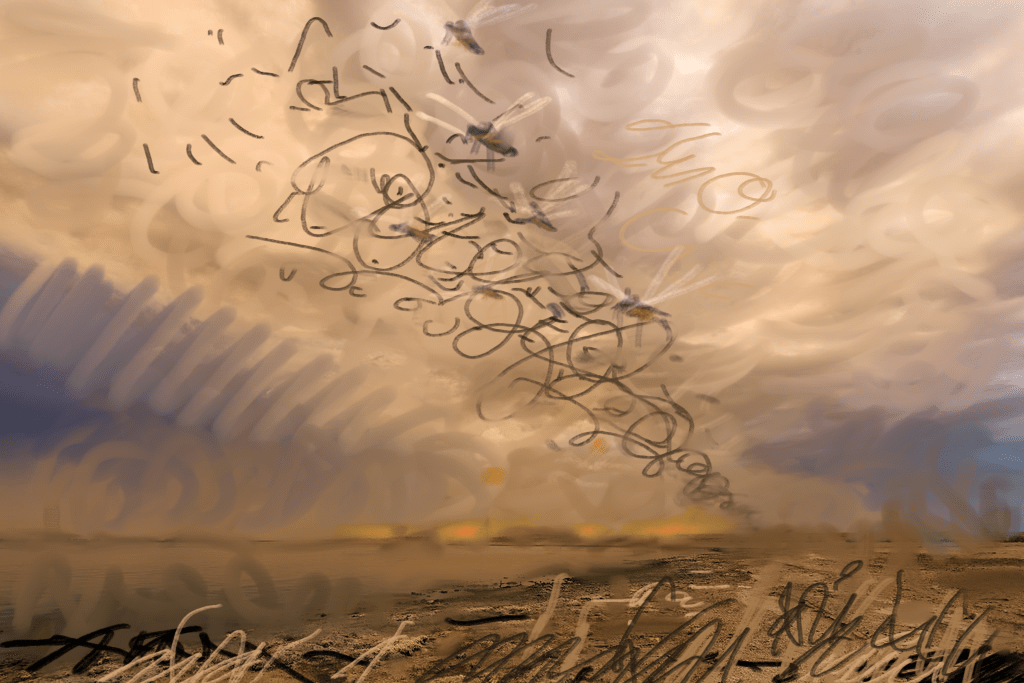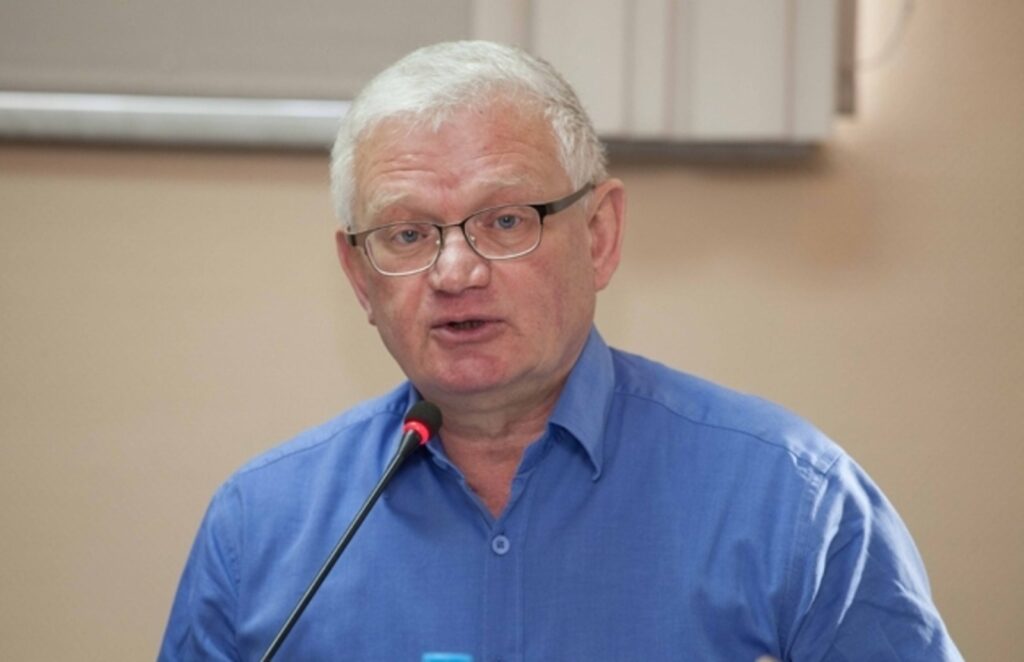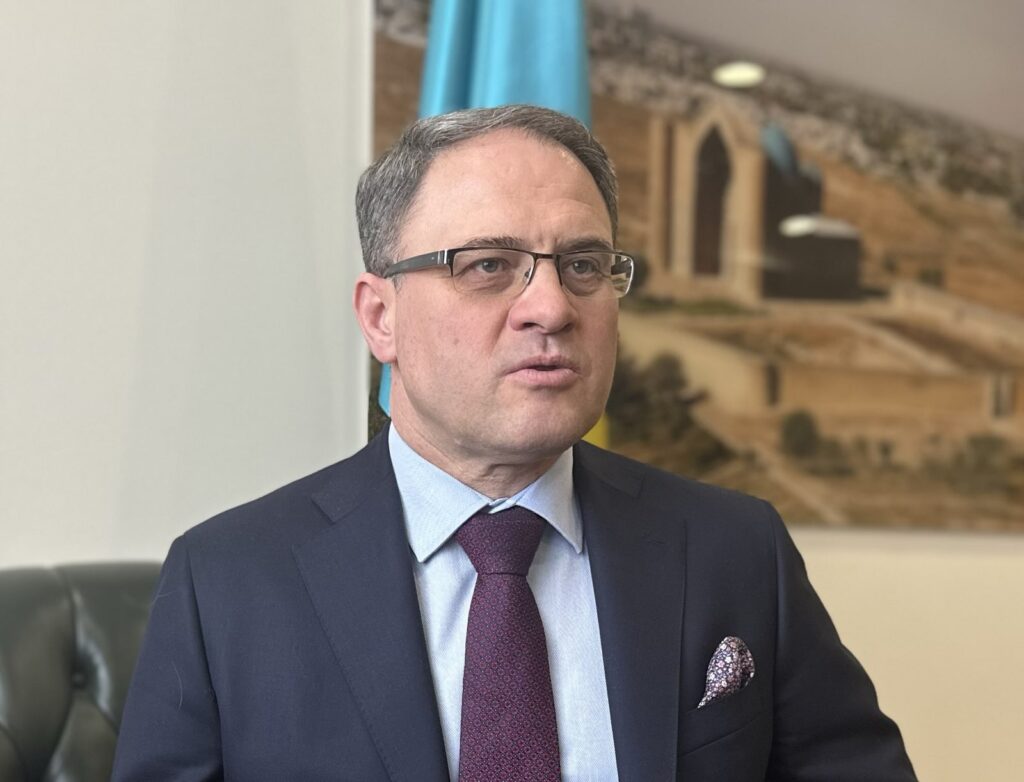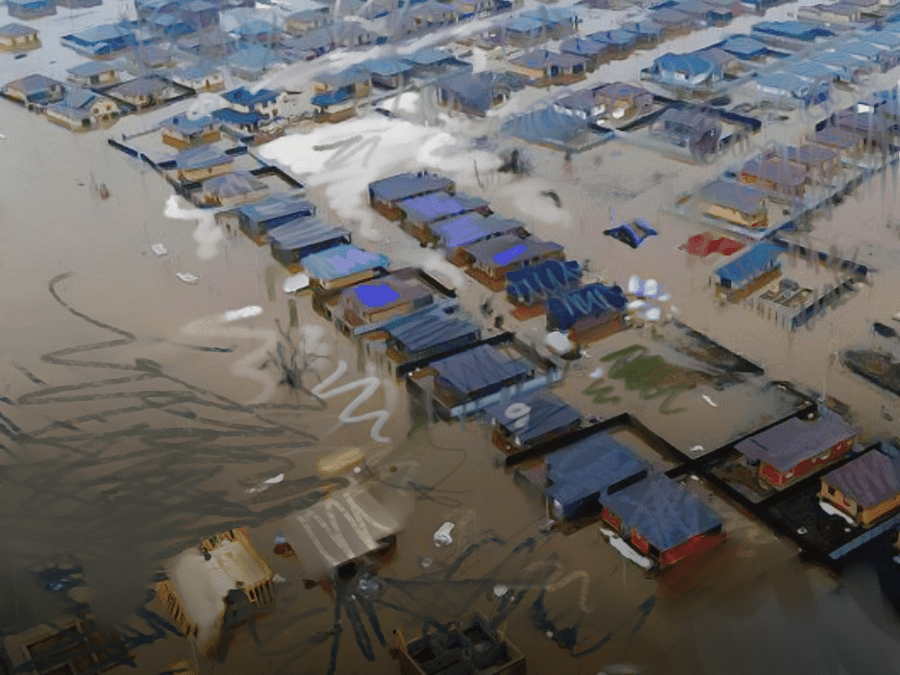Synspective, a Japanese firm specializing in space monitoring and radar technology, has signed a memorandum of understanding (MOU) with Uzbekcosmos, the Center for Space Monitoring in Uzbekistan, and the Ғarysh Sapary National Company in Kazakhstan.
Synspective is known for its advanced radar satellite interferometry data processing technologies, a key project being the development of Synthetic Aperture Radar (SAR), which allows for the processing and interpretation of high-resolution radar images of the Earth’s surface under any weather conditions or time of day. This technology enables the identification of displacement or deformation of the earth’s surface and objects, aiding in forecasting risk zones for potential destruction, water-logging, or other emergencies caused by natural disasters.
The MOU outlines plans for Synspective to work closely with the Center for Space Monitoring and GIS-technologies under Uzbekcosmos. The partnership aims to enhance Uzbekistan’s remote sensing capabilities, promote scientific and innovative activities in the space industry, and actively involve the latest technologies.
Given Uzbekistan’s geographical location in an earthquake-prone zone, the partnership with Synspective is expected to contribute to the creation of sustainable infrastructure and the efficient and safe use of natural resources and energy in Central Asia.
In Kazakhstan, Synspective will focus on developing innovative applications for Earth remote sensing and radar data, particularly in disaster management. This includes mitigating landslides, mudslides, floods, and effectively managing infrastructure to reduce the effects of climate change. The collaboration opens up opportunities for joint international commercial projects, allowing Synspective to leverage its satellite data and analytical solutions, while enabling Kazakhstan to expand its technological capabilities.
Japan’s extensive experience in monitoring deformation and seismic activity, as well as improving the safety of facilities in highly seismic areas makes this cooperation particularly relevant, especially given the recent searthquakes in the region.
